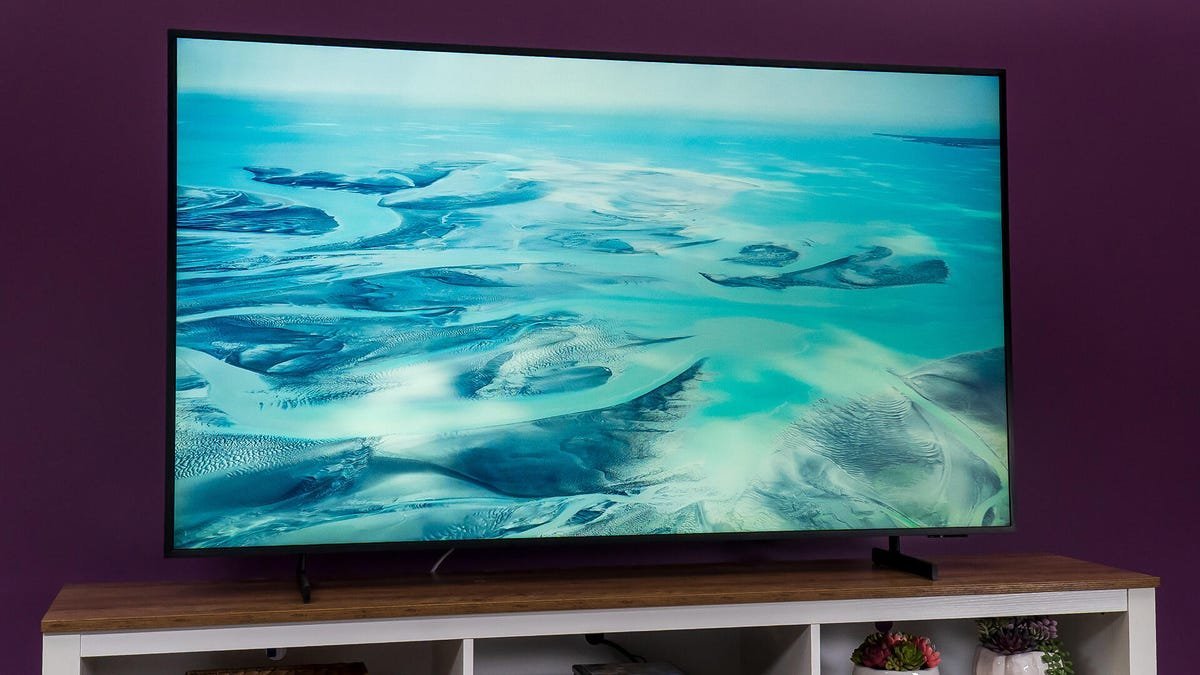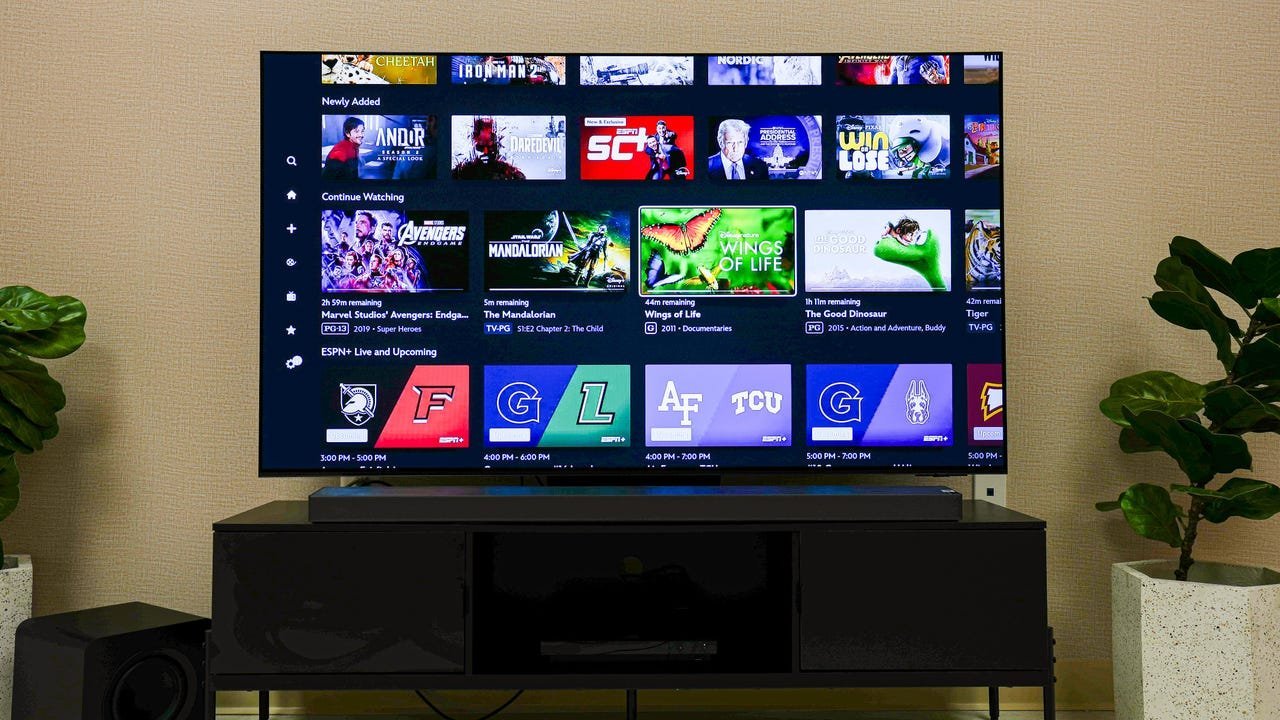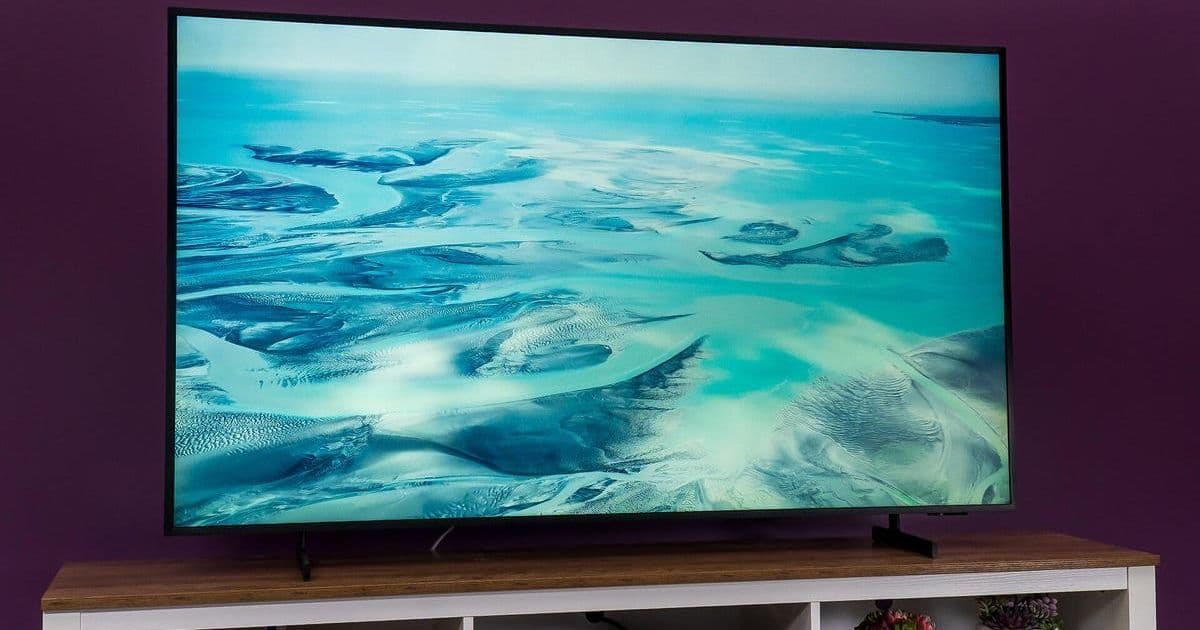Samsung is launching a free, generative AI-powered overhaul of its Bixby assistant for 2025 TVs, enabling natural conversations, contextual on-screen searches, and expanded smart home control. This upgrade positions Samsung TVs as central AI interfaces beyond entertainment, rolling out immediately for US users. The move underscores Samsung's commitment to extending TV lifespan and functionality through advanced AI integration.
Samsung is fundamentally reimagining the role of its smart TVs with a significant, free upgrade to its Bixby voice assistant, powered by generative AI. Rolling out starting today in the US for its 2025 lineup—including Neo QLED, OLED, The Frame, and QLED models—this overhaul transforms Bixby from a basic remote control adjunct into a sophisticated conversational AI capable of complex interactions and home automation control.

From Simple Commands to Conversational AI Previously limited to executing straightforward tasks like launching apps or adjusting volume, the new Bixby leverages generative AI to understand context and maintain natural dialogues. Users can ask multi-layered questions such as "Who stars in this show?" followed by "What other movies have they been in?" without repeating context. Samsung emphasizes its ability to handle open-ended requests like "Suggest a chill playlist for a rainy day," moving beyond rigid command structures.
Three Core AI-Powered Upgrades:
- Enhanced Conversational Intelligence: Bixby now processes follow-up questions intuitively and provides detailed answers to complex queries, understanding on-screen content contextually.
- Integrated Click to Search: Directly integrated into live TV, cable, or Samsung TV Plus streams, this feature allows instant queries about actors, shows, or topics appearing on screen. Ask "What mountain is that?" during a documentary, and Bixby overlays the answer.
- Expanded Smart Home Hub Capabilities: Samsung TVs now function as full-fledged SmartThings hubs. Users can control connected appliances via voice commands directed at the TV, such as "Turn off the living room lights" or "Preheat the oven to 350 degrees."

Strategic Implications for Developers and the Smart Home This upgrade signals Samsung's aggressive push to make the television a central AI command center within the smart home ecosystem—a significant shift beyond pure media consumption. For developers, it opens new avenues for creating voice-interactive applications and deeper SmartThings integrations. The move complements Samsung's earlier pledge to provide seven years of Tizen OS updates for its AI TVs, aiming to extend device longevity and value in a market where Samsung already leads with 28.8% global revenue share. While currently exclusive to 2025 models, the underlying AI framework suggests broader ecosystem ambitions, potentially influencing how users interact with all connected devices through their primary living room screen. The success of this generative AI integration could redefine expectations for television interfaces and accelerate the convergence of entertainment and home automation platforms.

Comments
Please log in or register to join the discussion